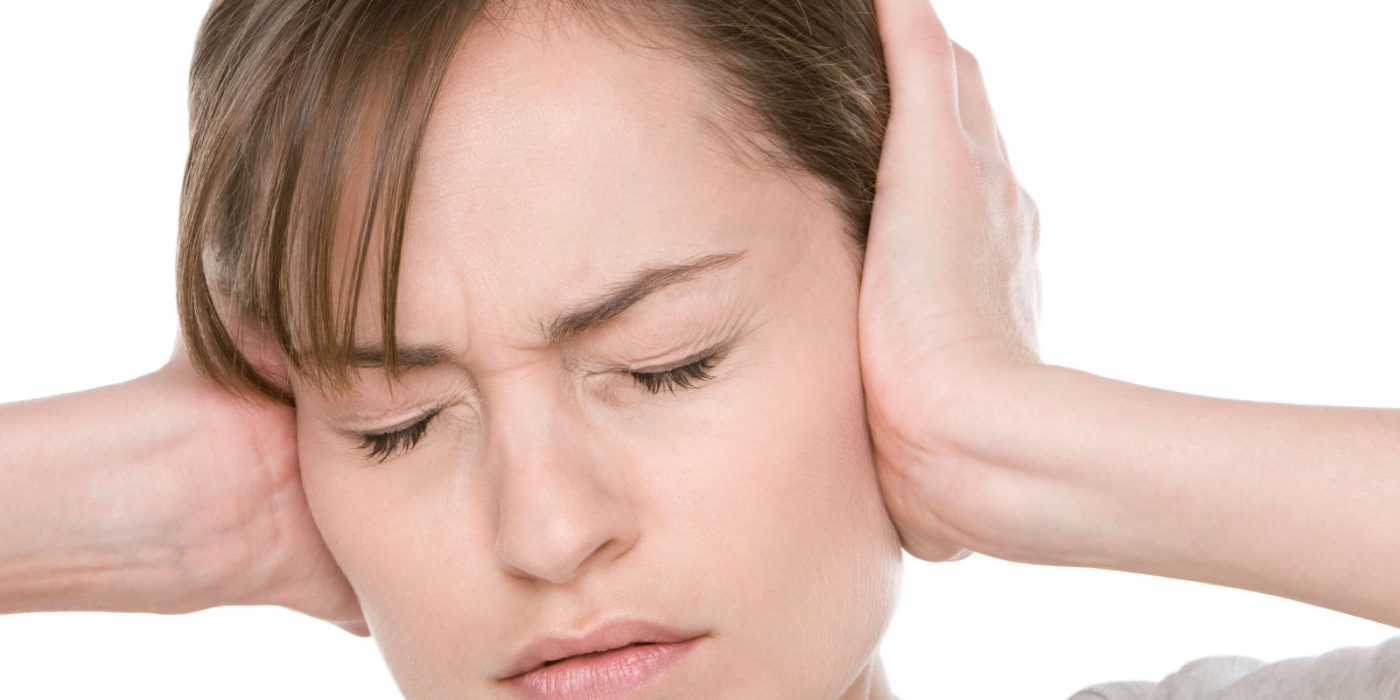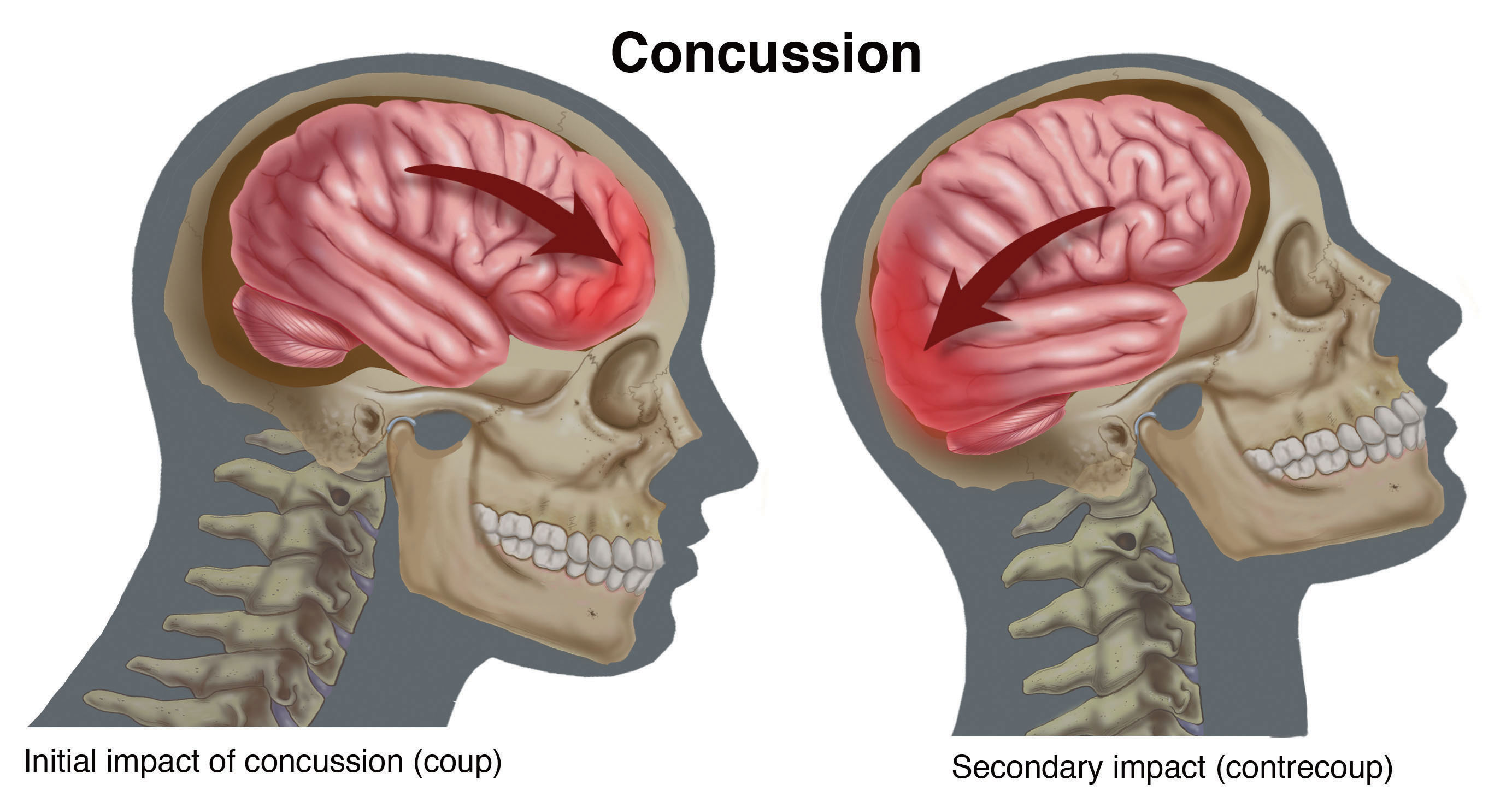
Concussion
Concussion
What is a concussion? A concussion is a traumatic brain injury, often called a mild traumatic brain injury or mTBI for short. A concussion can occur after direct or indirect head trauma, such as falling off a horse or helmet to helmet contact during a football tackle. A person does not have to lose consciousness in order to receive a concussion diagnosis.A person’s balance, thinking, vision and hearing may be affected due to head trauma. Sophisticated brain imaging has shown that the brain may undergo possible changes such as changes in brain chemistry or how the brain neurons are networked and connected. Multiple concussions dramatically increase the likelihood of catastrophic head injury leading to permanent neurologic disability.
How are concussion and dizziness related?
Complicating the typical concussion symptoms, a common complaint is true vertigo with head or body positioning. Head trauma can cause damage to the inner ear and vestibular system resulting in dizziness, vertigo, imbalance and nausea. The vestibular system is a very important system as it control balance, tells you when you are moving and helps you maintain stable vision. Depending on where the head trauma occurred, concussion can affect how the vestibular system functions. Dizziness or vertigo is an extremely common symptom after head trauma. It is very important not to dismiss this and have the cause of the dizziness ruled out. Head trauma is recognized as a leading non-otologic cause of Benign Paroxysmal Positioning Vertigo (BPPV) in both children and adults.
How we at MedEar can help?
Our Doctor of Audiology has state-of-the-art equipment to test the ear post concussion if vertigo, dizziness, imbalance and nausea are present. Please contact the clinic to schedule your evaluation today. A referral from your family physician is not required.

